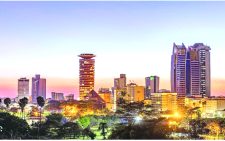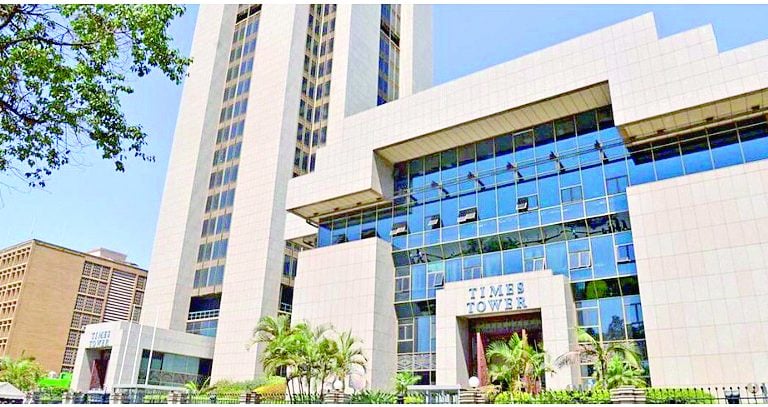Nairobi’s satellite towns post strongest property price performance in Q1

Nairobi’s satellite towns posted their strongest property price performances in over two-and-a-half years, marking a significant shift in Kenya’s residential property landscape amid continued price declines in the capital’s suburban zones.
According to the latest House Price Index by HassConsult, towns such as Kitengela, Ngong, and Athi River saw a notable rebound in property prices in the first quarter of 2025, reversing the stagnation and price drops that have characterised the market since late 2022.
Renewed demand
The uptick in performance was noted to have been driven by renewed demand for affordable housing, improved infrastructure, and increasing urban sprawl as buyers and investors seek value beyond Nairobi’s core.
“The satellite towns have not only bounced back, they have outpaced every other segment of the residential market this quarter,” said Sakina Hassanali, Head of Development Consulting and Research at HassConsult. “Buyers are clearly shifting focus toward more affordable and better-connected locations outside the city.”
Quarter-on-quarter price growth in satellite towns was led by Kitengela and Athi River, where land and house values recorded a sharp rise.
HassConsult attributes this to ongoing infrastructure investments, including road upgrades and water projects, that have improved liveability and accessibility in these areas.
In contrast, house prices in Nairobi’s traditionally affluent suburbs such as Karen, Lavington, and Kileleshwa contracted for a fifth consecutive quarter.
Analysts cite oversupply, high entry costs, and shifting buyer preferences as key reasons for the ongoing slide.
The rebound in satellite town property values was also supported by increased mortgage uptake, as buyers sought to take advantage of more flexible financing options and the government’s push for affordable housing development outside the congested city centre.
Industry stakeholders suggest that if current trends hold, satellite towns could continue to outperform the core city market throughout 2025, especially if developers respond with more mid-income housing stock and local governments maintain infrastructure expansion.
Increased land demand, particularly from developers and middle-income buyers seeking affordable plots for residential construction, further fuels the rise of satellite towns.
Juja, in particular, has benefited from improved road networks and expanding educational institutions, making it a focal point for investment.














